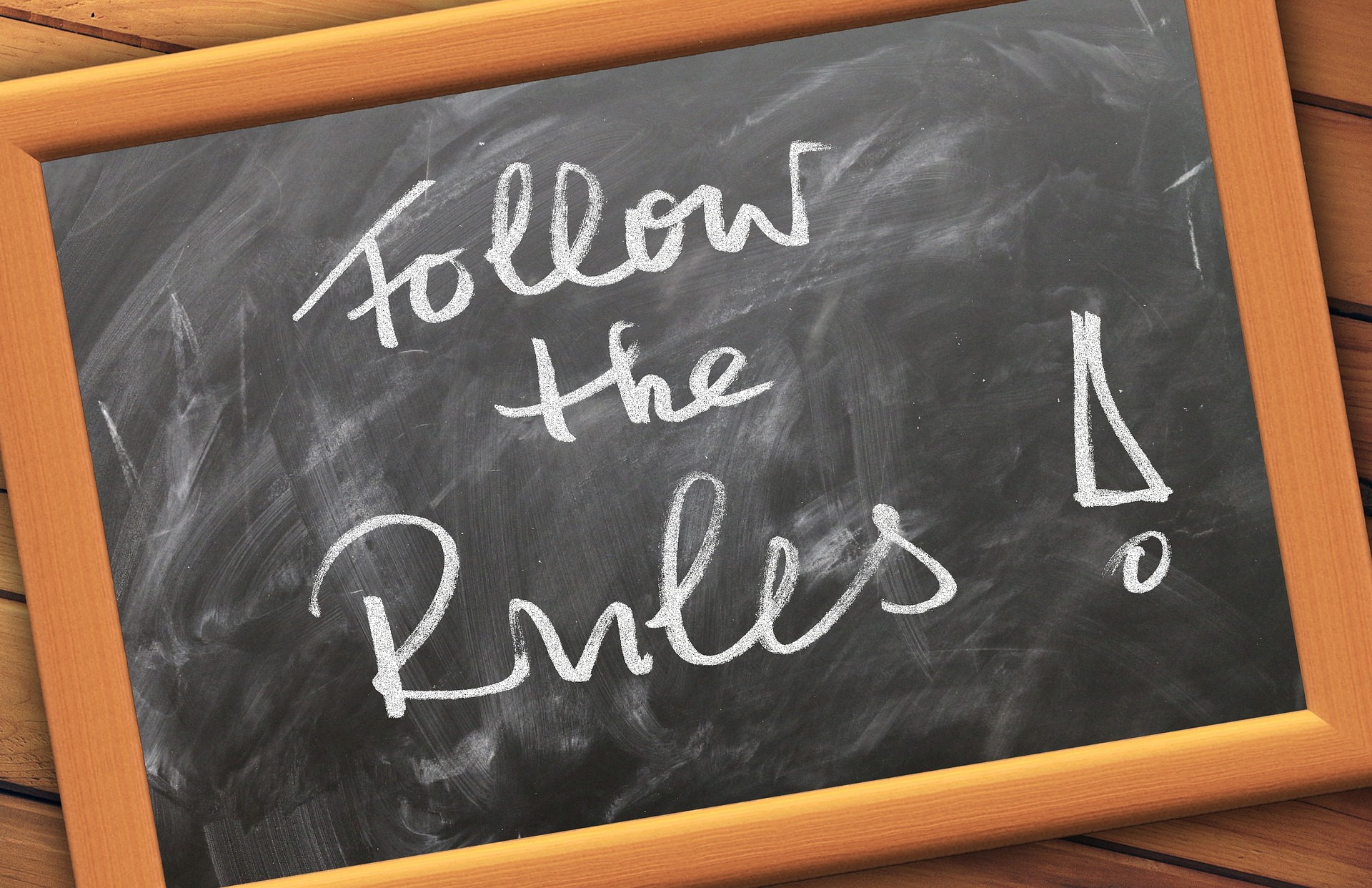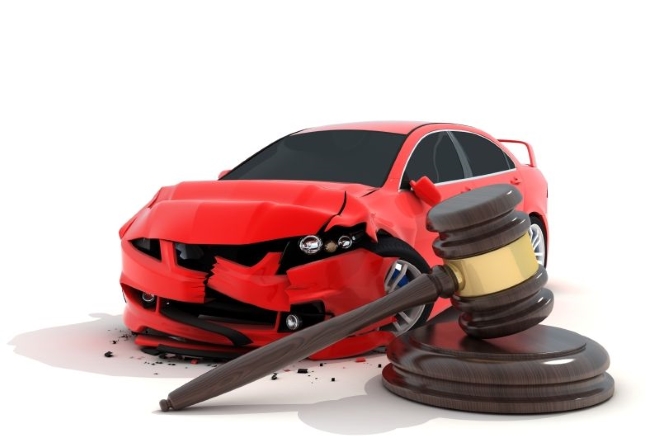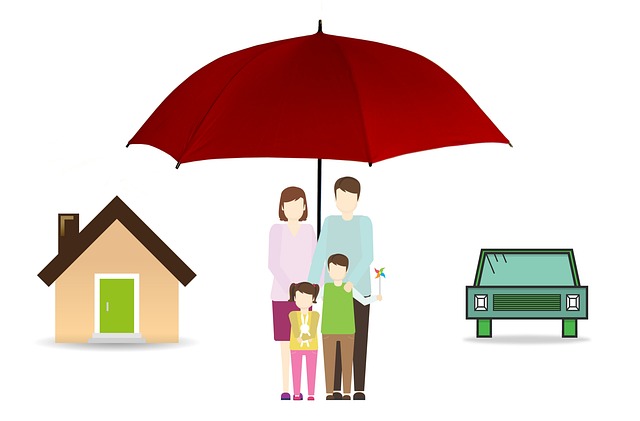Balancing Public Safety and Individual Rights: An Examination of Curfew Laws
Introduction: In times of civil unrest or public health crises, governments often implement curfew laws to maintain order and safety. This article delves into the complex interplay of these laws, their historical context, their current standing, and their potential impact on individual rights and liberties.

The Genesis of Curfew Laws
The roots of curfew laws trace back to the Middle Ages, when municipalities enforced night-time restrictions to prevent fires, crime, and social disorder. In the United States, the tradition of curfew laws dates back to colonial times. Over the years, these laws have been employed during times of war, civil unrest, and public health emergencies to safeguard public order and safety.
The Constitutional Perspective
Curfew laws touch upon the constitutional balance of power between individual rights and collective safety. These laws often raise constitutional questions, especially regarding the First Amendment rights to free speech and assembly, and the Fourteenth Amendment’s Due Process and Equal Protection Clauses. Courts generally uphold curfew laws, provided they meet certain criteria, such as being narrowly tailored to achieve a compelling government interest.
Current Status of Curfew Laws
Today, curfew laws are commonly used by local governments across the U.S. to manage various situations. Most recently, they have been invoked during the COVID-19 pandemic and in response to civil unrest triggered by social justice movements. The effectiveness of these laws is a subject of ongoing debate, with some arguing they are essential for public safety, while others contend they infringe upon individual rights and disproportionately affect marginalized communities.
Impact and Implications of Curfew Laws
The impact of curfew laws extends beyond immediate public safety concerns. Critics argue that, in the long term, these laws can have unintended consequences. They may limit freedom of movement, disrupt normal life, and lead to confrontations between citizens and law enforcement. Supporters, however, assert that curfews are a necessary tool for maintaining order during crises, and that their temporary nature justifies any short-term infringements on individual rights.
Future Outlook on Curfew Laws
The future of curfew laws in the U.S. is likely to be shaped by ongoing discussions about their effectiveness and constitutionality. As society grapples with issues such as public health crises and social unrest, the debate over the balance between individual rights and collective safety is likely to continue. The challenge for lawmakers and courts will be to ensure that any curfew laws respect constitutional liberties while effectively addressing legitimate public safety concerns.
In conclusion, curfew laws offer a fascinating case study of the ongoing dialogue between public safety and individual rights. As society wrestles with these complex issues, the discussion surrounding curfew laws is likely to remain at the forefront of legal and policy debates.






